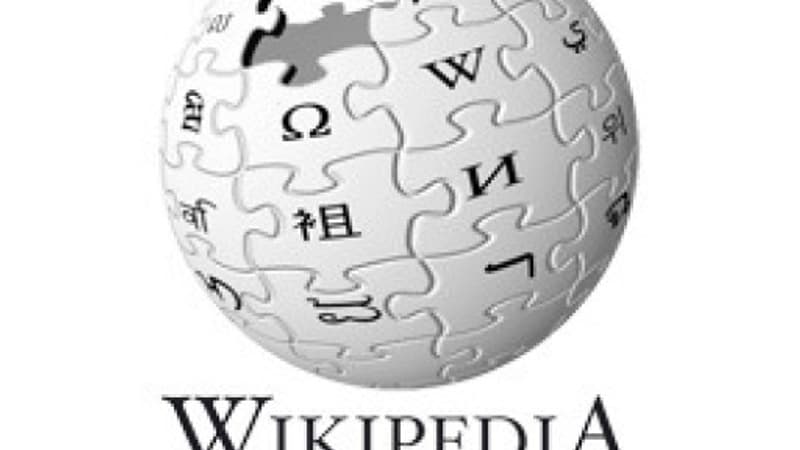What if we switch roles? While artificial intelligences like ChatGPT rely on resources available online to generate their results, the founder of the participatory encyclopedia Wikipedia says he’s open to the opposite process. Interviewed by the Evening Standard, Jimmy Wales acknowledges the potential of generative AI.
“In the discussions within the Wikipedia community that I’ve seen so far, people are cautious, in the sense that we’re aware that existing models aren’t good enough, but they’re also intrigued because there seems to be a lot of possibilities.” , explains the creator of the collaborative site.
And the CEO continued: “I think we’re still a long way from: ‘ChatGPT, please write a Wikipedia page on the Empire State Building,’ but I don’t know how far we are from that, certainly closer than it would have been.” . I thought two years ago.”
AI to improve consistency
Jimmy Wales recalls the tendency of generative AIs to “hallucinate”, that is, to invent facts outright. He cites the example of one of his inquiries, in which he asked ChatGPT if a plane had crashed into the Empire State Building. The chatbot told him that wasn’t the case… before admitting his mistake when Wales contradicted him.
“I think there are some interesting opportunities in terms of helping humans, if you have an AI trained on the correct corpus, for example here are two Wikipedia entries, check them for conflicting statements and identify points of tension where an article seems to say something slightly different from the other”, however, considers the founder of the online encyclopedia, a much more effective method according to him than manual research.
Reduce bias, identify blind spots
One of the criticisms shared by Wikipedia and ChatGPT is that of their biases in the omnipresence of certain topics and themes, as well as the way in which they are treated. For AI, it is due to the data sets used to train the language models, chosen by US researchers. In the case of Wikipedia, these biases are also explained by the profile of the volunteers who feed the site, mainly white men, advances the Evening Standard.
Could artificial intelligence overcome these stereotypes and make Wikipedia a truly neutral and unbiased source of information? Its founder does not seem convinced. “We know that AI ran into bias very quickly,” he recalls. Wales, however, believes that it would be an effective way to identify blind spots that are not sufficiently covered by the collaborative platform.
With the key, an explosion of content and therefore site costs? “Using AI to triple the number of Wikipedia pages would not increase our costs by more than £1,000 [1.138 euros] a year”, says its founder.
Source: BFM TV


